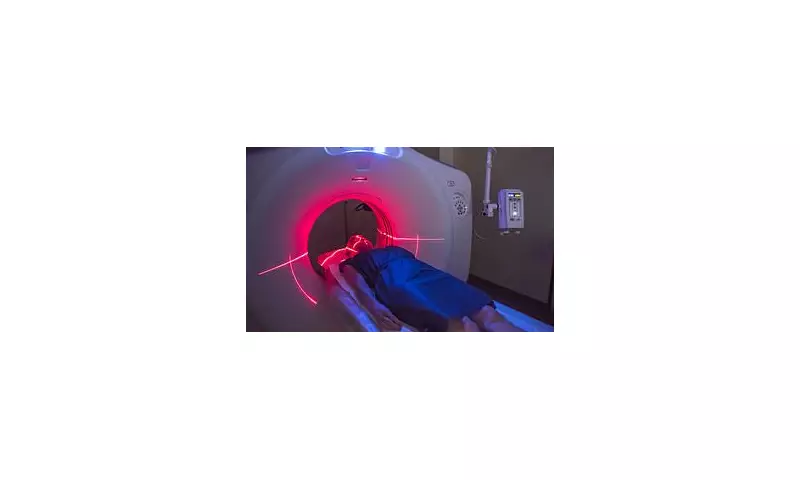
Medical professionals across the UK are sounding the alarm over a potentially dangerous side effect of wildly popular weight-loss injections that has nothing to do with typical medication concerns. Revolutionary GLP-1 agonist drugs, including Ozempic and Wegovy, are causing significant changes in patients' bodies that could be hiding cancer from even the most advanced scanning technology.
The Hidden Danger in Medical Imaging
Leading radiologists have discovered that these medications, celebrated for their remarkable effectiveness in weight management and diabetes treatment, are creating deceptive results on crucial cancer screening scans. The drugs work by slowing stomach emptying and reducing appetite, but this same mechanism is now raising serious concerns in diagnostic medicine.
How the Scans Become Misleading
According to experts from prestigious medical institutions including Harvard and the University of Texas, the problem manifests in two critical ways:
- False Alarms: The slowed digestion caused by these medications makes organs appear artificially enlarged and inflamed on CT scans, mimicking dangerous conditions that aren't actually present
- Missed Cancers: More alarmingly, the drugs can suppress metabolic activity in fat tissue, potentially hiding actual cancers that would normally be detectable on PET scans
A Growing Problem as Prescriptions Skyrocket
With millions of Britons now using these injections, radiologists report encountering this issue with increasing frequency in hospital imaging departments nationwide. The situation has become so prevalent that major medical associations are preparing to issue formal guidelines to address the challenge.
"We're seeing this weekly in our practice," confirmed Dr. Siraj Peneseth, an abdominal imaging specialist. "Patients arrive for routine cancer screening or diagnostic scans, and the medication effects create confusing pictures that require additional testing and expertise to interpret correctly."
Protecting Patient Safety
Medical professionals emphasise that patients should not stop taking prescribed medications but must inform their radiologists about any GLP-1 agonist use before undergoing scans. The solution involves simple preparatory measures that can dramatically improve scan accuracy:
- Fasting for longer periods before scanning procedures
- Temporary medication pauses under medical supervision
- Enhanced communication between patients and imaging specialists
- Specialised interpretation techniques by trained radiologists
As research continues, the medical community is working rapidly to develop standardised protocols that will ensure these life-changing weight-loss treatments don't inadvertently compromise cancer detection and patient safety.





